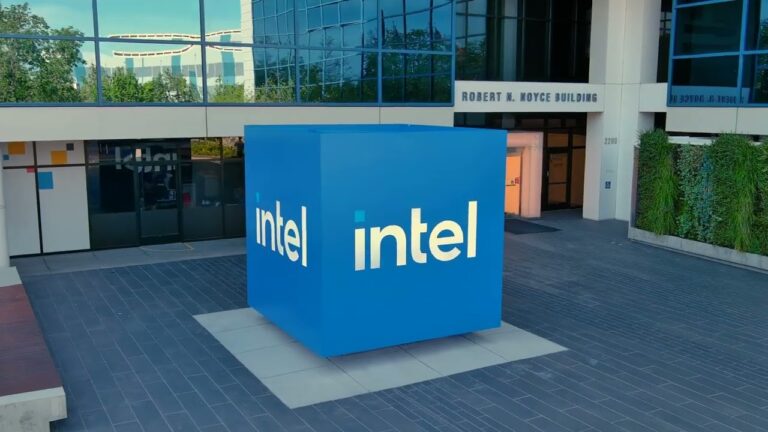Sam Altman spent $60 million on a massive basic income experiment. The study gave $1,000 per month to low-income residents of Texas and Illinois for three years, among the most wide-ranging such projects ever undertaken. Begun in 2019, it reduced work hours but didn’t fully detach people from their jobs so much as encourage them to search more intentionally; that effect did not occur with an otherwise similar group of people who got $50 monthly.
“Recipients had greater agency to make decisions that worked best for their lives and to prepare for the future, from moving neighborhoods to expressing interest in new business ventures,” according to the report.
The recipients mostly used the money for necessities like rent, food and transportation. Health care access saw no significant improvements; stress and food insecurity declined in the first year and stayed down; this points out that $1000/month can’t address systemic problems like chronic illness or high housing costs.
UBI Study Insights
“This was one of those things where I thought if I don’t try it now I’ll never do it,” said OpenAI CEO Sam Altman, who personally put up about $14 million toward the project run by OpenResearch’s Elizabeth Rhodes. The study included people who earned less than $28,000 per year and has reignited debate over UBI.
Despite these results, there were no noticeable benefits in healthcare access or overall health outcomes. But there was a decrease in stress levels as well as food insecurity during the first year that dropped off over time which means 1000 dollars a month cannot solve all problems related to chronic diseases or expensive housing.
Sorting through data from its trial phase — which spanned cities including Stockton; Jackson, Mississippi; Oakland; Madison; Newark; St Paul researchers also found few changes when it came to property ownership beside some increased mobility among recipients who moved frequently throughout their life spans.
The idea behind universal basic income gained ground during Andrew Yang’s 2020 presidential campaign and has since been supported by tech leaders such as Twitter CEO Jack Dorsey and Tesla CEO Elon Musk. AI pioneer Geoffrey Hinton also recommended that the UK consider UBI to counteract AIs impact on employment.
Altman has also proposed a “universal basic compute” idea in addition to traditional UBI, which would see individuals receive a quantum of computational power from an AI like OpenAI’s GPT-7 model.
The personal impact of the payments is shown by feedback from participants like Sarah, a mother of four, and Cara, suffering from a nerve disorder. Sarah spent the money on her children’s braces and a graduation trip. Cara nearly wiped out her debts, calling the financial boost “almost miraculous.”
This deep study does not only analyze what happens to people’s finances when they are provided with an unconditional income; it also highlights personal changes that take place as a result of this support which enable them to make decisions aimed at improving their lives.




+ There are no comments
Add yours